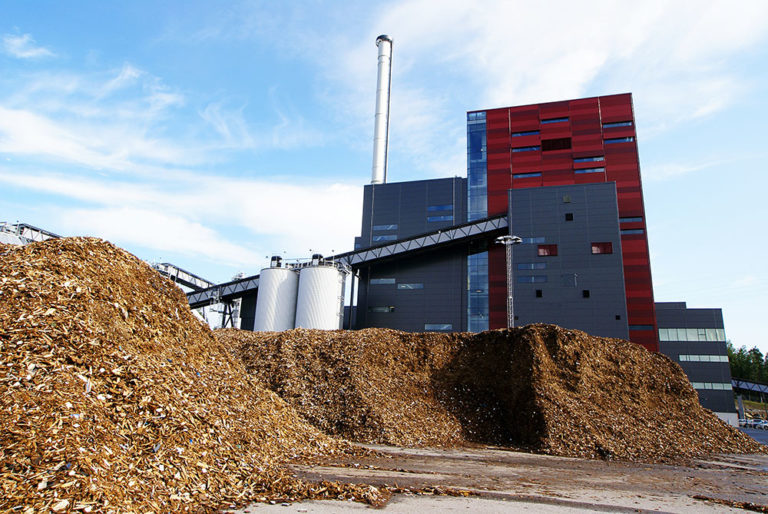how to become a geneticist
Geneticists review the results of genetic laboratory tests and work to diagnose or attempt to treat genetic diseases. This career field is highly technical and ever-evolving, so those in this career must keep up-to-date with the latest research and advances in scientific, medical, and genetics research.
Watch a video to learn what a geneticist does:
How to Become a Geneticist
According to O*NET OnLine, over 90% of the geneticists surveyed held a doctoral degree and over half reported to have post-doctoral training. Those geneticists, though, didn't just start their education and jump to earn their doctoral degree. They first earned their bachelor's degree in a related science such as biology. Then, they continued their education to earn their master's degree and finally their doctorate in genetics. Relevant life science degrees and coursework usually includes biomedical science, biology, microbiology, genetics, or biochemistry.
You can also specialize in various aspects of genetics, and that could require additional education. For example, some clinical geneticists have gone through medical school and work in a clinical setting with patients. According to the American Society of Human Genetics (ASHG), they "hold an American Board of Medical Genetics and Genomics (ABMGG) certification in the specialty of clinical genetics and genomics and have broad training in the evaluation, diagnosis, management, and treatment of inherited conditions in patients across all ages from birth to adulthood."
For more information about this career field, you can also check out these associations, the Genetics Society of America, American Genetic Association, and the Society for Conservation Biology.
Research Related Careers in Science

A biochemist collects, analyzes, and interprets results on various topics. Primarily though, …

Biofuel managers are in a cutting edge field as biofuel is fuel …

A biological technician collects samples for analysis and performs experiments on substances …

A biologist studies living and dead organisms. Some biologists focus in a …

A biomass power plant is one that burns a biomass resource (such …

A biophysicist is a scientist who uses physics to study biological systems …
Job Description of a Geneticist
Geneticists study genetics from plants, animals, and humans. They do this to determine interactions, how genes evolve, and when duplications happen. Geneticists help pathologists find or prevent disease. They do so by working in laboratories to study genetic material. Geneticists use advanced and standard equipment, such as microscopes or DNA scanners. Geneticists use computers to track and evaluate genetic data using special software. Other tasks of duties include conducting research and experiments, interpreting and documentation of genetic lab results and processed used to conclude findings, publish in scientific journals, or discuss research at conferences to their peers.
Geneticists typically work full time. They work in hospitals, research universities, pharmaceutical, agricultural, horticultural, or biotechnology companies. Positions are often reliant on grants for funding from the federal and state government.
The following video from the American Society of Human Genetics goes into more detail.
The American Society of Human Genetics (ASHG) offers an informative in-depth video about the exciting field of genetics.
Here is an example of a job posting from the United States Department of Agriculture for a Geneticist for their Agricultural Research Service. The responsibilities posted on USAjobs.gov included:
- Serve as a resource for genetic stocks and descriptive information on gene and chromosome functions
- Conduct and oversee general evaluation and research of new and existing maize mutant accessions, providing seed samples of stocks to plant scientists throughout the world.
- Serve as primary contact with the USDA Germplasm Resources Information Network, the national computerized germplasm database.
- Develops new computer procedures and programs to more efficiently manage the collection and associated data.
Resources for Teachers
ASHG.org also has a K-12 Education page with resources for parents and teachers. Teachers, this also includes lesson plans.
The University of Utah Health Sciences also offers a website called Teach Genetics by their Genetic Science Learning Center. This site offers free genetics and bioscience resources to support your curriculum free of charge.
Geneticist Career Video Transcript
A geneticist is a biologist who studies the inheritance of traits in living organisms. Geneticists extract DNA and perform tests, then interpret the laboratory results. They apply their knowledge of statistics and math to evaluate genetic data, and keep detailed records to record their results. Some geneticists study genetic disorders carried from parents to children, and research potential cures and treatments. They may also teach medical students and graduate students and may need to write grant proposals to seek research funds. Other geneticists diagnose hereditary conditions in patients and treat them.
Geneticists may also consult on criminal cases to help officials positively identify suspects using DNA analysis, or team up with archaeologists to study the ancient organic matter. Other geneticists focus on improving agricultural crop resilience and productivity. Geneticists continue to read and study throughout their careers and keep up with changes in the field. Many involved in research attend and may also present their findings at conferences. Most positions require a master's degree or Ph.D. in genetics, and many also require work experience in the field. Clinical geneticists must complete a Doctor of Medicine degree, followed by a medical residency in genetics. A license is required for all physicians and may be required for some other positions.
Article Resources
National Center for O*NET Development. 19-1029.03. O*NET OnLine.
The career video is in the public domain from the U. S. Department of Labor, Employment and Training Administration.
how to become a geneticist
Source: https://www.yourfreecareertest.com/geneticist/
Posted by: readytommand.blogspot.com

0 Response to "how to become a geneticist"
Post a Comment